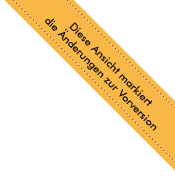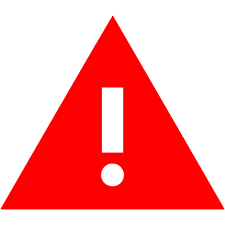Acute Lymphoblastic Leukemia (ALL) (short version)
Compliance rules
1Summary
Acute lymphoblastic leukemia (ALL) is a rare malignant hematologic disorder. The peak incidence is in childhood. These recommendations refer to ALL in adults.
The clinical picture of ALL is characterized by proliferation and accumulation of malignant degenerate immature lymphoid blasts in bone marrow, blood, lymphoid and non-lymphoid tissues. Untreated, the disease leads to death within a few months.
Biologically, ALL is heterogeneous. Genetic and immunophenotypic markers have prognostic significance and are now also predictive for subgroup-specific therapy.
Treatment has curative intent. The standard is established by the studies and expert recommendations of GMALL (German Multicenter Study Group for Adult Acute Lymphoblastic Leukemia). Long-term survival rates in adults have improved over the last decades and with the current concept for patients up to the age of 55 years are about 60-70% with large variations depending on age and risk group.
2Therapy
The current treatment algorithm is depicted in Figure 1 and Figure 2.
1 ALL – acute lymphoblastic Leukemia, LBL – lymphoblastic lymphoma;
2 MRD – quantification of minimal residual disease;
3 decision to patient’s individual requirement;
4 indication and conditioning regimen dependent on biological age and fitness
1 ALL – acute lymphoblastic Leukemia, LBL – lymphoblastic lymphoma;
2 MRD – quantification of minimal residual disease;
3 indication and conditioning regimen adapted to patient’s biological age;
4 TKI after SCT either MRD-based or preventive
3[Kapitel nicht relevant]
4[Kapitel nicht relevant]
5[Kapitel nicht relevant]
6[Kapitel nicht relevant]
7[Kapitel nicht relevant]
8[Kapitel nicht relevant]
9[Kapitel nicht relevant]
10Active studies
11Systemic Therapy – Protocols
12Study results
13Certification Status
14Links
16Disclosures
Conflicts of interest can be found in the full German version of the guideline.
Download
Reference:
Quellenangabe:
Onkopedia-Leitlinien werden kontinuierlich an den Stand des Wissens angepasst. Die jeweils gültige Version, AGB und Nutzungsbedingungen finden Sie unter www.onkopedia.com.
Für die kommerzielle Nutzung wenden Sie sich bitte an onkopedia@dgho.de.
Onkopedia guidelines are continuously adapted to the state of knowledge. The currently valid version, terms of use and general terms and conditions can be found at onkopedia-guidelines.info.
For commercial use, please contact onkopedia@dgho.de.



